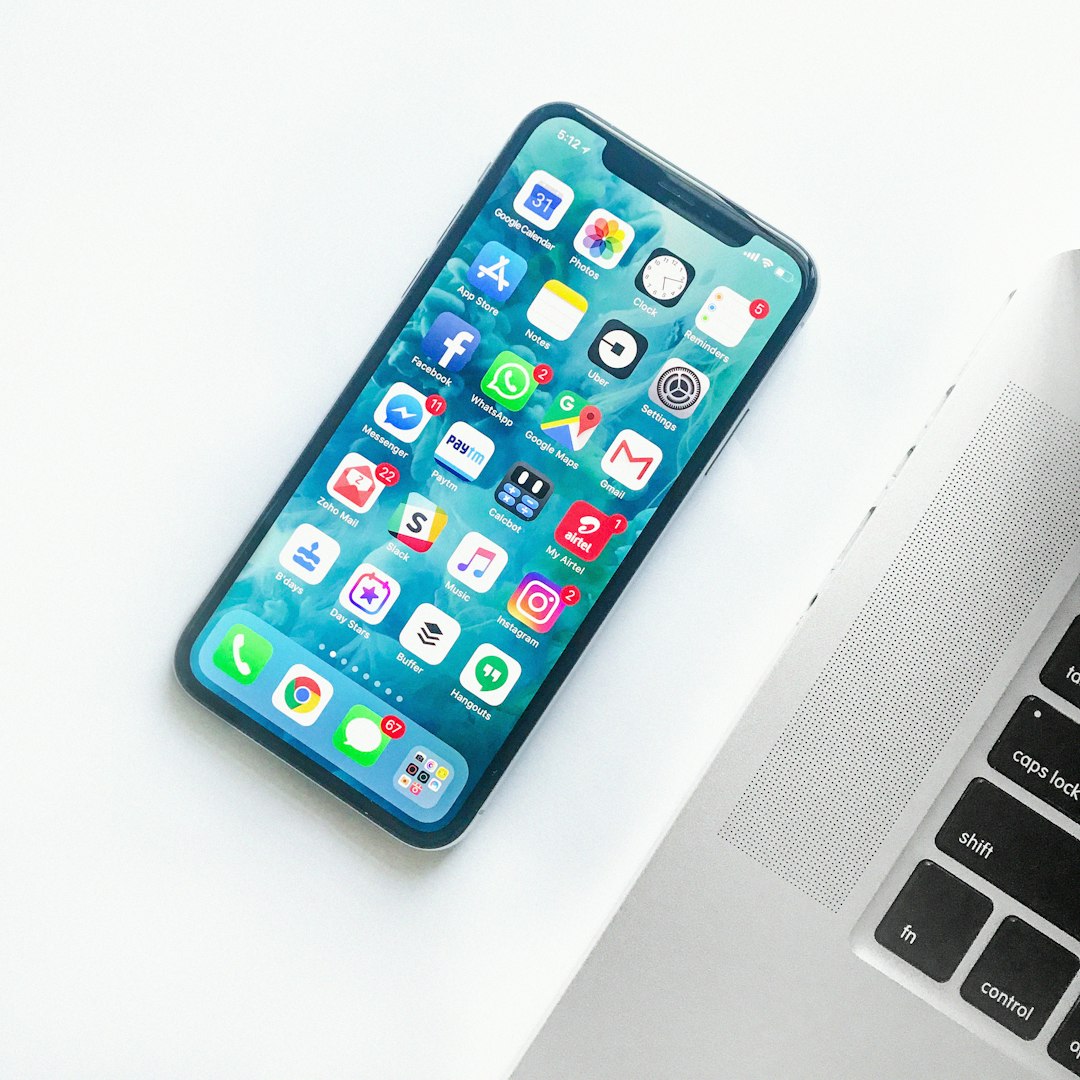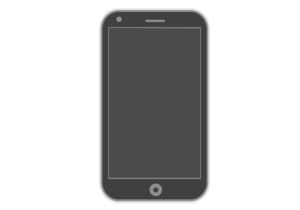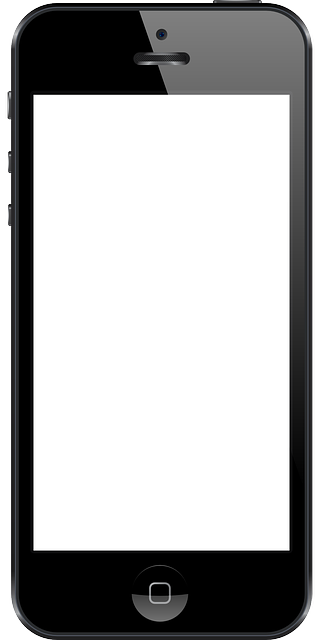Charleston residents face increasing phone harassment from unwanted robocalls, with West Virginia laws offering protection. Consulting robocall attorneys West Virginia is crucial for legal recourse against violators, as they can file complaints and seek damages under the Telephone Consumer Protection Act (TCPA). Victims should document calls, register on the National Do Not Call Registry, and use call-blocking apps to combat harassment. Specialized robocall attorneys guide victims through legal options, including blocking calls and suing for damages.
In Charleston, as across the nation, harassing phone calls, particularly from automated or robocallers, have become a prevalent nuisance. This article explores the legal protections available to victims of such intrusions in West Virginia. We delve into the specific regulations governing robocalls, outline the rights of affected individuals, and provide practical strategies to combat unwanted calls. Additionally, we offer guidance on choosing the right robocall attorneys in West Virginia for those seeking justice and resolution.
Understanding Harassment Via Phone Calls in Charleston

In Charleston, harassment via phone calls, often in the form of repeated and unwanted robocalls, is a growing concern for many residents. These automated messages, typically from unknown sources, can be distressing and invasive, leading to emotional and psychological distress. Understanding what constitutes illegal phone harassment is key to knowing when to seek legal protection.
West Virginia laws protect individuals from such unwanted communication. If you are a victim of persistent robocalls or any form of nuisance calls, consulting with experienced robocall attorneys in West Virginia can help establish legal avenues for redress. These experts can guide you through the process of filing complaints and pursuing legal actions to stop the harassment and seek compensation for any harm caused.
Legal Framework for Robocall Attitudes in West Virginia

In West Virginia, the legal framework for addressing unwanted phone calls, particularly robocalls, is established through various state and federal laws. The Telephone Consumer Protection Act (TCPA) serves as a cornerstone, prohibiting automated dialers from making phone calls to any number assigned to a cellular telephone service without prior express consent. This law holds significant implications for robocall attorneys in West Virginia, who specialize in defending clients against such unauthorized calls.
Victims of robocalls in Charleston or anywhere in West Virginia have legal recourse. These laws empower individuals to take action against persistent or harassing phone calls, allowing them to seek damages and enjoin the violator from future infractions. Robocall attorneys in West Virginia are equipped to navigate these complex regulations, offering guidance and representation to ensure that clients’ rights are protected and their privacy is respected.
Rights of Victims: What You Need to Know

As a victim of phone harassment in Charleston, West Virginia, it’s crucial to understand your rights and available legal protections. When faced with persistent or unwanted robocalls, text messages, or any form of electronic communication that causes distress, you have options. The first step is to document the incidents, including dates, times, and a record of the calls. This evidence can be invaluable when pursuing legal action.
In West Virginia, there are strict laws against harassment, and robocall attorneys can help victims navigate these regulations. State laws protect individuals from unwanted telephone solicitations and telemarketing calls, especially if they are pre-recorded or use automated dialing systems. If you’ve been a victim of such harassment, consulting with a qualified attorney specializing in this area can ensure your rights are upheld and provide the best course of legal action.
Strategies to Stop Unwanted Phone Calls
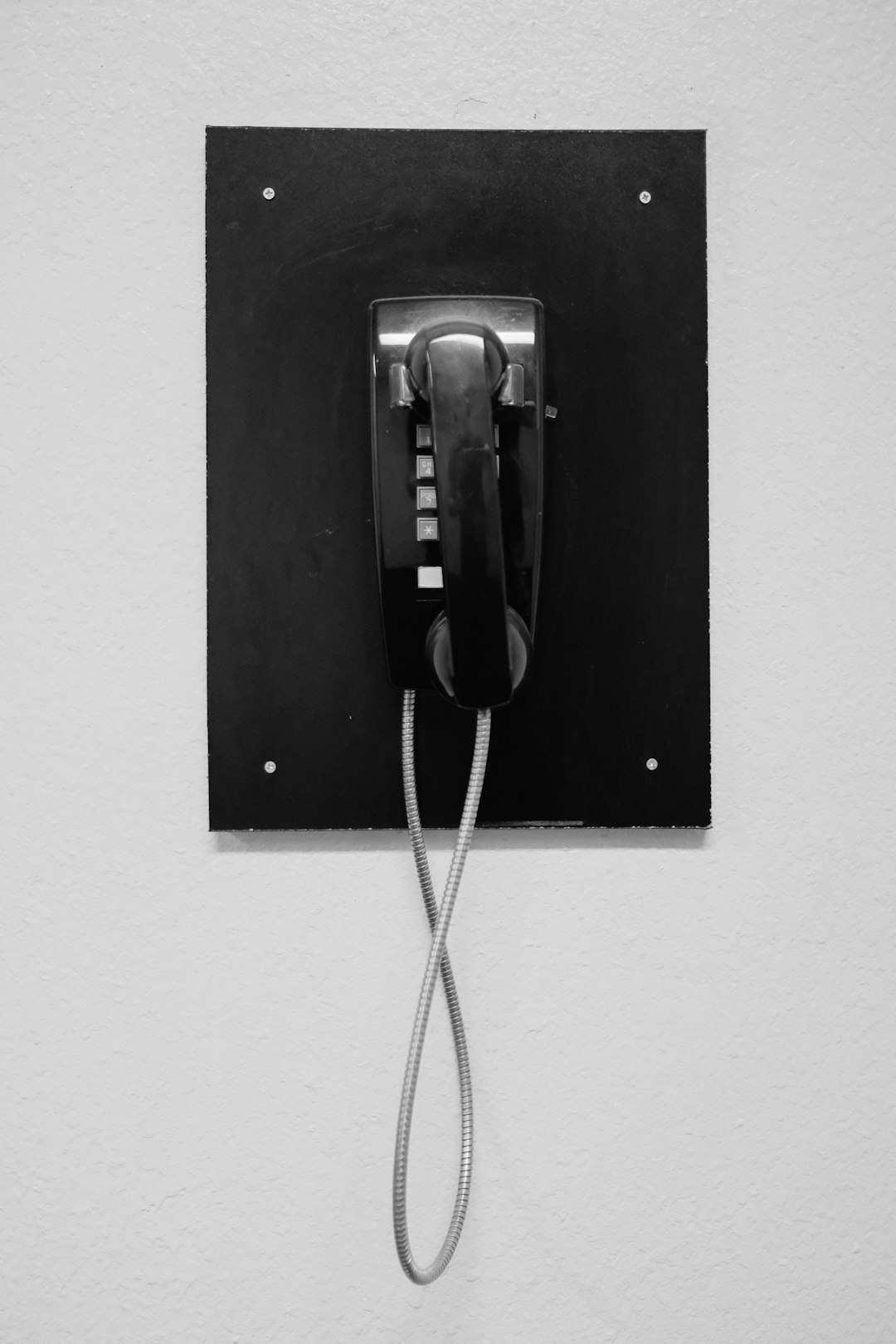
Victims of harassment via phone calls, including unwanted robocalls in Charleston, West Virginia, have legal protections available to them. The first step is to document the calls by recording or taking notes about the time, date, and content of each call. This evidence can be crucial when filing a complaint with the Federal Communications Commission (FCC) or pursuing legal action against the harasser.
There are several strategies to stop unwanted phone calls. Individuals can register their numbers on the National Do Not Call Registry, which restricts telemarketing calls. Additionally, seeking the assistance of robocall attorneys in West Virginia who specialize in consumer protection law can help navigate legal options like filing a lawsuit under the Telephone Consumer Protection Act (TCPA). Other effective measures include blocking the caller’s number and using call-blocking apps or services.
Choosing the Right Robocall Attorneys: A Guide
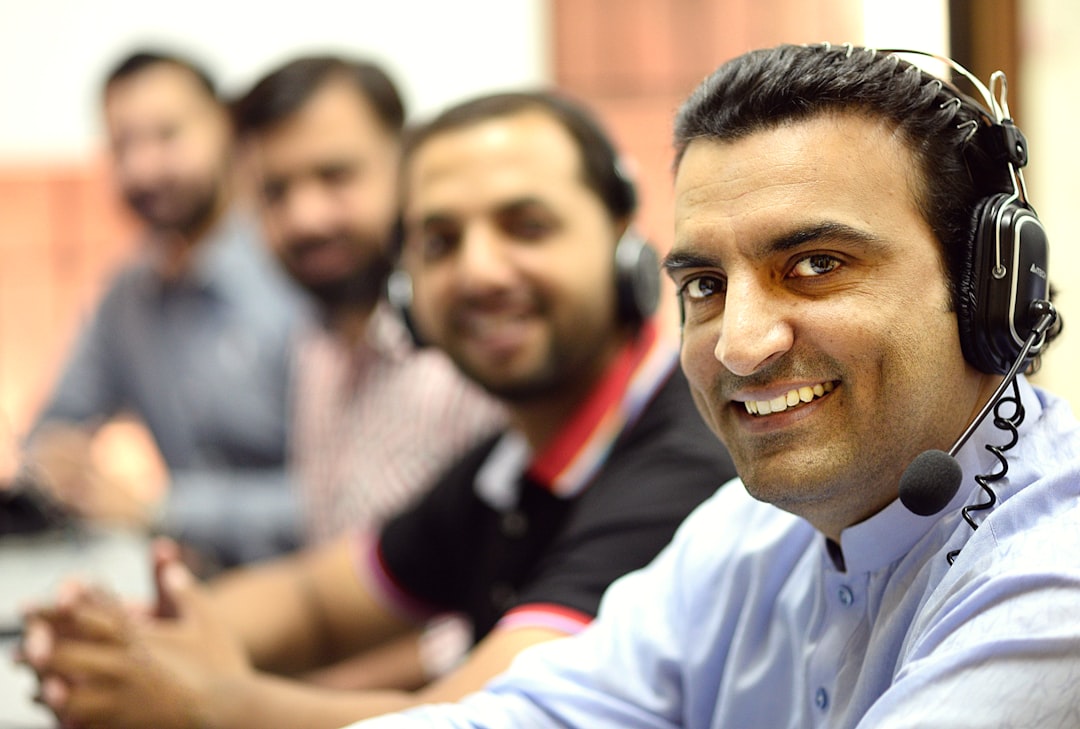
When dealing with harassing phone calls, especially those from automated robocalls, it’s crucial to seek legal counsel that specializes in this area. In Charleston and across West Virginia, victims have options and rights. Choosing the right robocall attorneys is a critical step towards securing justice and putting an end to unwanted communication.
Look for lawyers who have experience navigating state and federal laws regarding telemarketing practices and consumer protection. These legal professionals should be well-versed in interpreting and enforcing regulations that restrict harassing phone calls, such as the Telephone Consumer Protection Act (TCPA). A good attorney will guide you through available remedies, which may include blocking future calls, suing for damages, or even putting a stop to these practices altogether.
